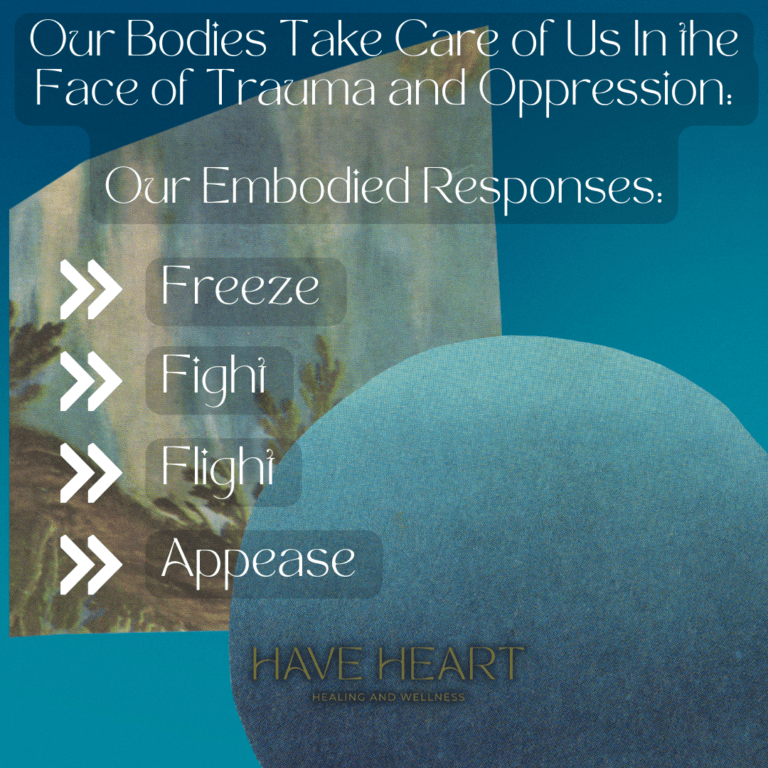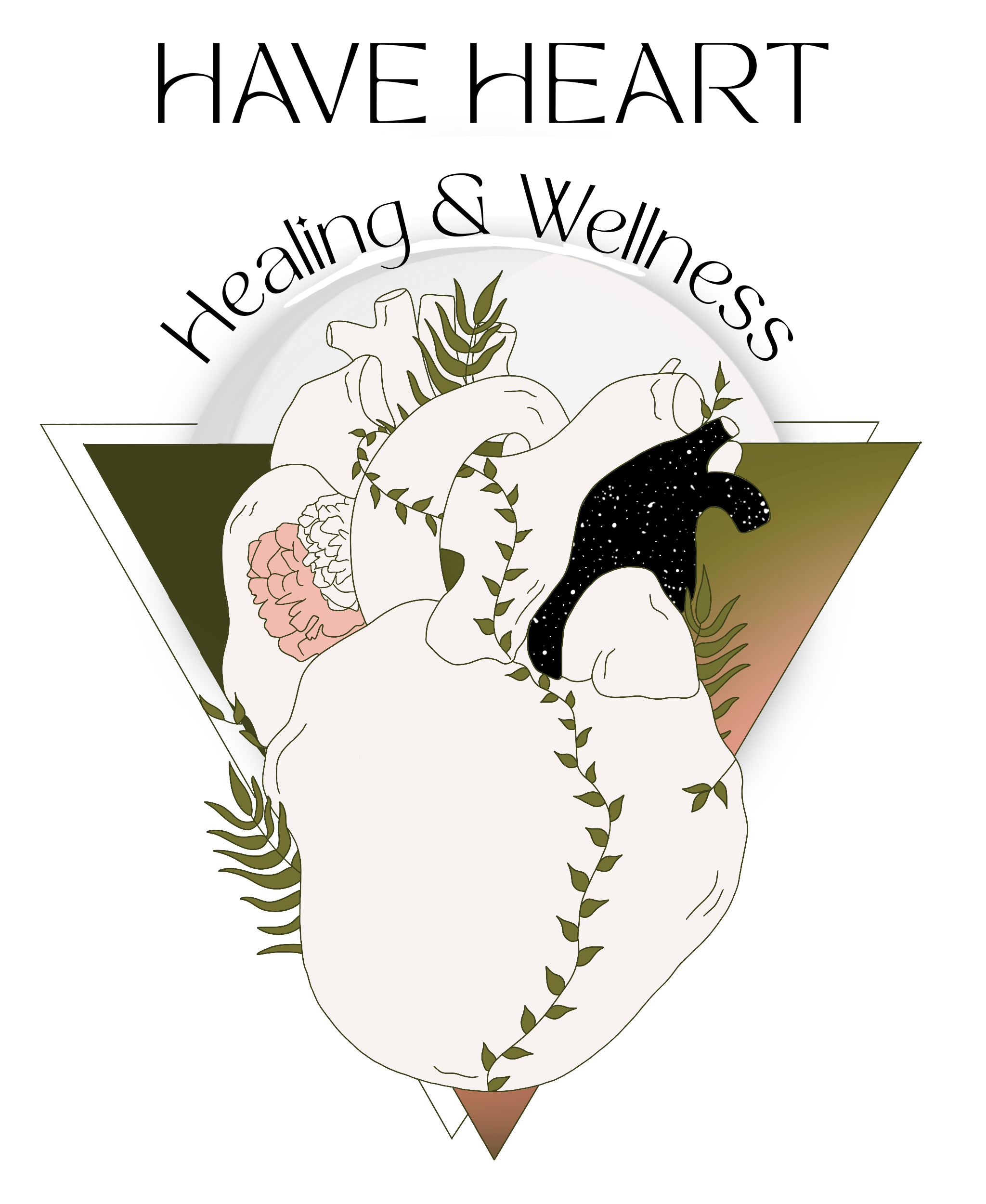
Our Bodies Take Care of Us in the Face of Our World
We live inside of a world where our attention is constantly pulled in millions of directions every moment. We live in a world of unimaginable violence at so many levels where we are asked to keep looking away even as it’s happening all around us. We live in a world of deep individualism where so much of what is wrong with us gets put back on us as individuals. We can see this in the world of psychology and its paradigms. Diagnoses orient us back into the self, our problems are uniquely our own, disconnected from a social context. This can often feel deeply unmooring, unsettling. Our systems are always orienting and looking for congruence. This is an evolutionary strategy on many levels. Can I trust what is happening is real? These messages feel deeply incongruent in our bodies. We’re left without a deep sense of trust and safety.
Our nervous systems, our bodies have a way of meeting our core needs. They are always truing back to safety, to dignity, and to belonging. Under pressure, the pressures of this world, the historical and intergenerational pressures of displacement, enslavement, colonization, genocide, poverty, violence, the interpersonal pressures of abandonment, abuse, neglect our systems try to get our needs met.
We develop embodied responses that look like:
- Freeze
- Fight
- Flight
- Appease
These embodied responses allow us to preserve safety, dignity, belonging, but don’t allow us to have all three at the same time. We are able to have some dignity at the expense of belonging and connection or we’re able to have connection, but lose out on our safety and our dignity.
Take a look at the responses below. Do you recognize yourself inside of them? Knowing how we respond under pressure supports us to build distinctions in our behavior that support our choice and our agency. If I know how I show up under pressure, it is much more likely that I’ll be able to choose something else. I can let go of the story that this is just how I am or this is just what life is like.
Freeze response looks like:
- Feeling shut down, without energy
- Feeling helpless or hopeless
- Endless social media scrolling/stuck on phone
- Wanting to take action, but feeling stuck or like you can’t move
- Being out of touch with your body’s cues like hunger or satiety or energy levels
- Digestive symptoms like constipation
Fight response looks like
- Being highly critical of situations and people
- Feeling unsatisfiable, like nothing is ever good enough
- Anger and lashing out (may also look like passive aggression-being indirect)
- Moving against other people or situations
- Feeling competition or like you have something to prove
Flight response looks like:
- Avoiding conflict or things that are uncomfortable
- Distraction
- Taking on many new projects without finishing old ones
- Distraction through buying things, social media, or other compulsive behaviors
- Procrastination
- Digestive issues
Appease response looks like:
- Saying yes when we mean no
- Overextending ourselves for the sake of being liked or not hurting others feelings
- Telling people what they want to hear even though it’s not true
- Believing what others say more than you believe or trust yourself
- Basing your actions on the needs of others
All of these responses are hardwired into our nervous systems, it’s just that given our unique experiences, we learned that some of them were more useful than others in particular situations or amongst specific people.
There is nothing wrong with any of these responses. Remember, they helped us survive. They are smart. They took care of something for us. The issue is that they can become stuck, like they are our only option. They end up running our lives and we can’t have the relationships or make the contributions we want to.
What have these responses taken care of for you? What has been smart about these responses? How would you dignify and keep dignifying that intelligence?

